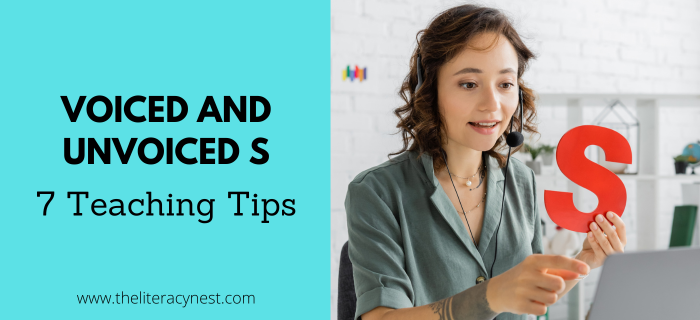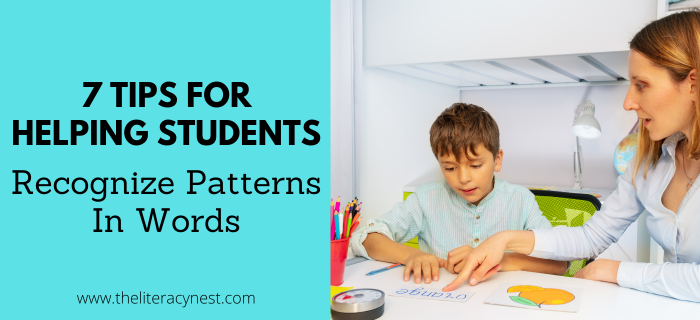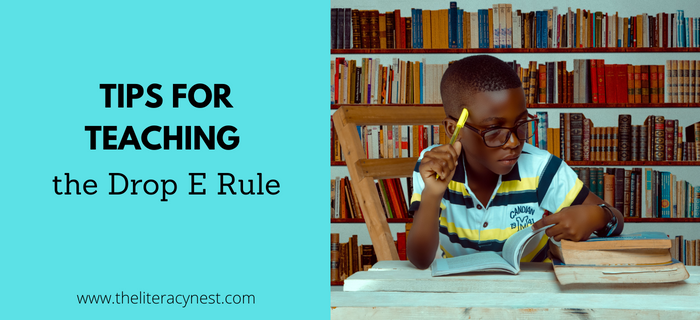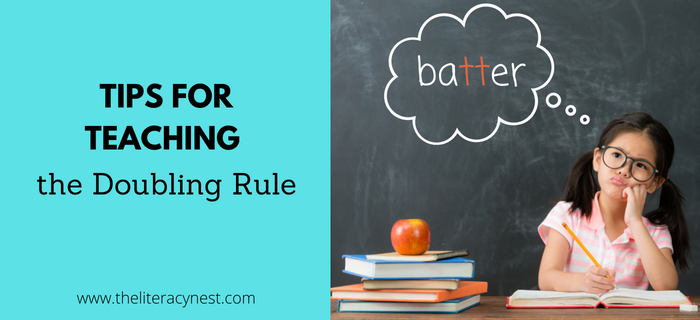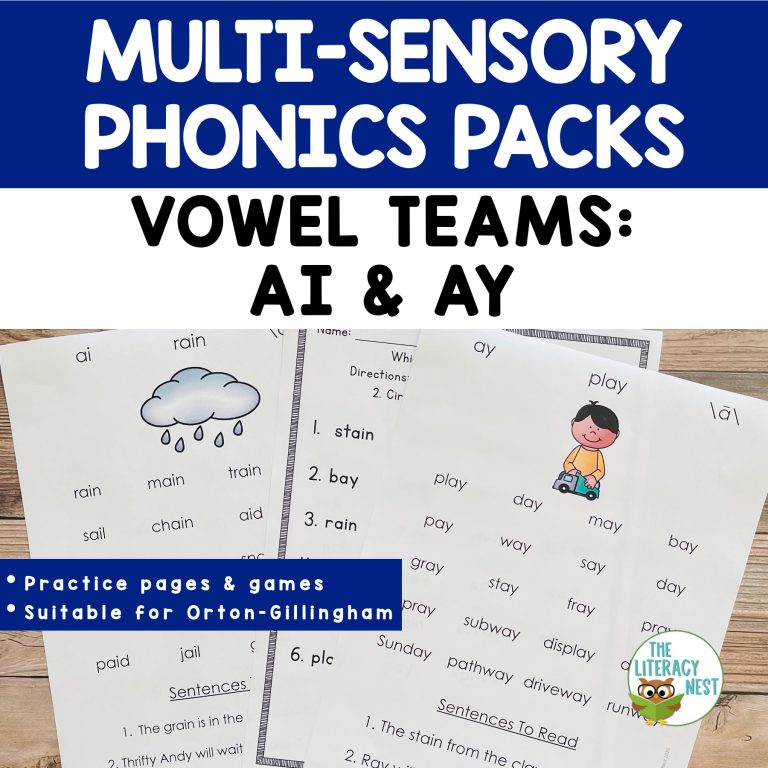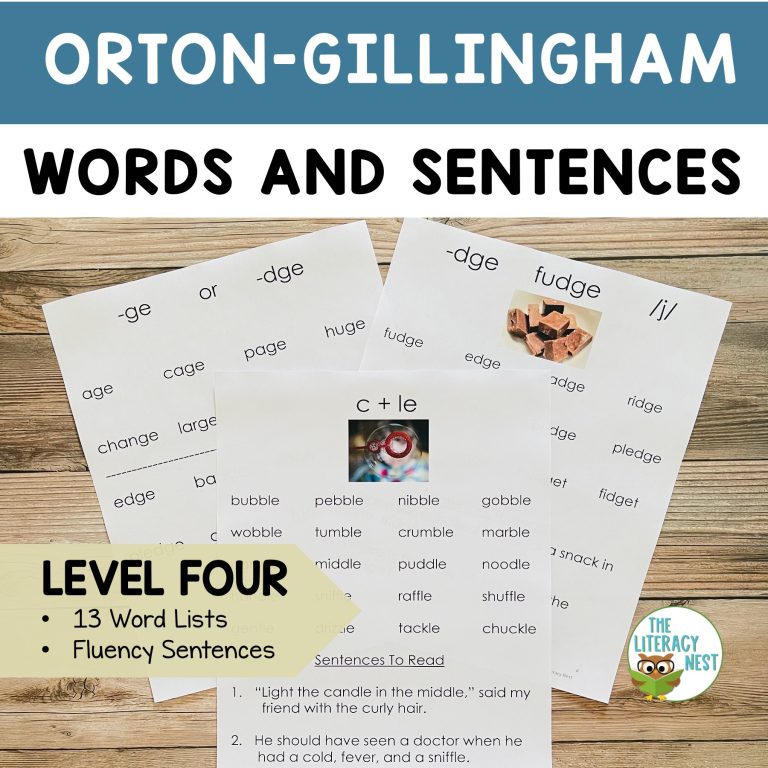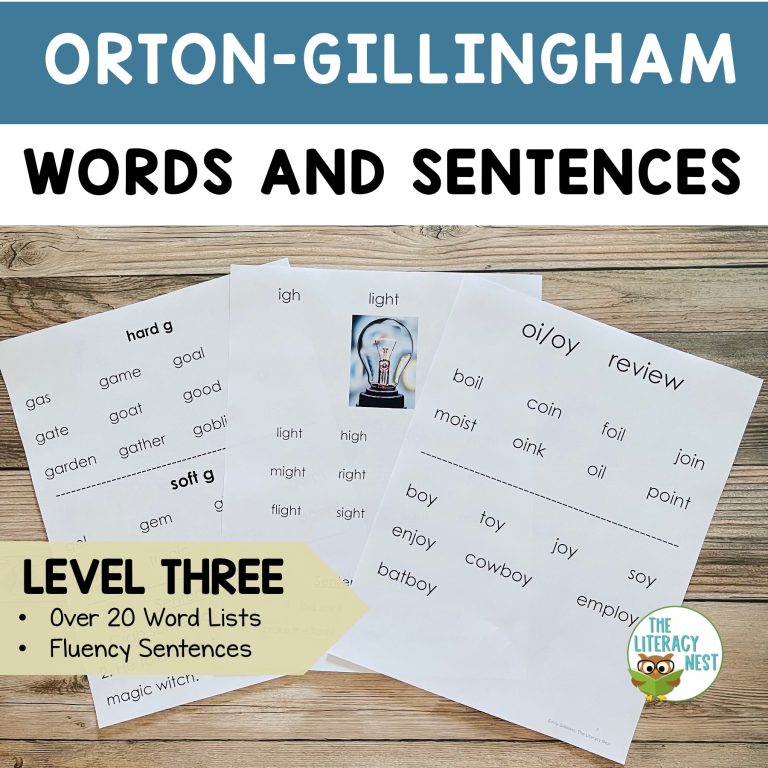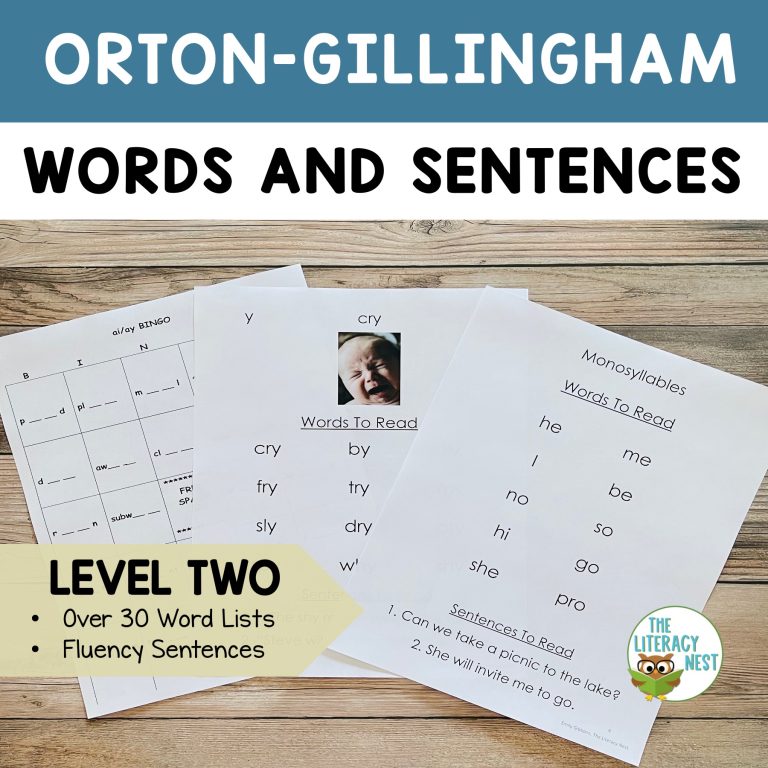Voiced and Unvoiced S: 7 Teaching Tips!
It is important to teach the voiced sound of S fairly early in the instructional sequence. Students will need the voiced S to add the suffix -s to base words or to read vowel consonant E words with S. Because voiced S is such a prevalent part of our speech, this is a concept that…

